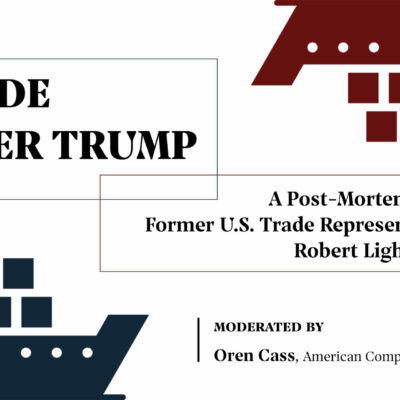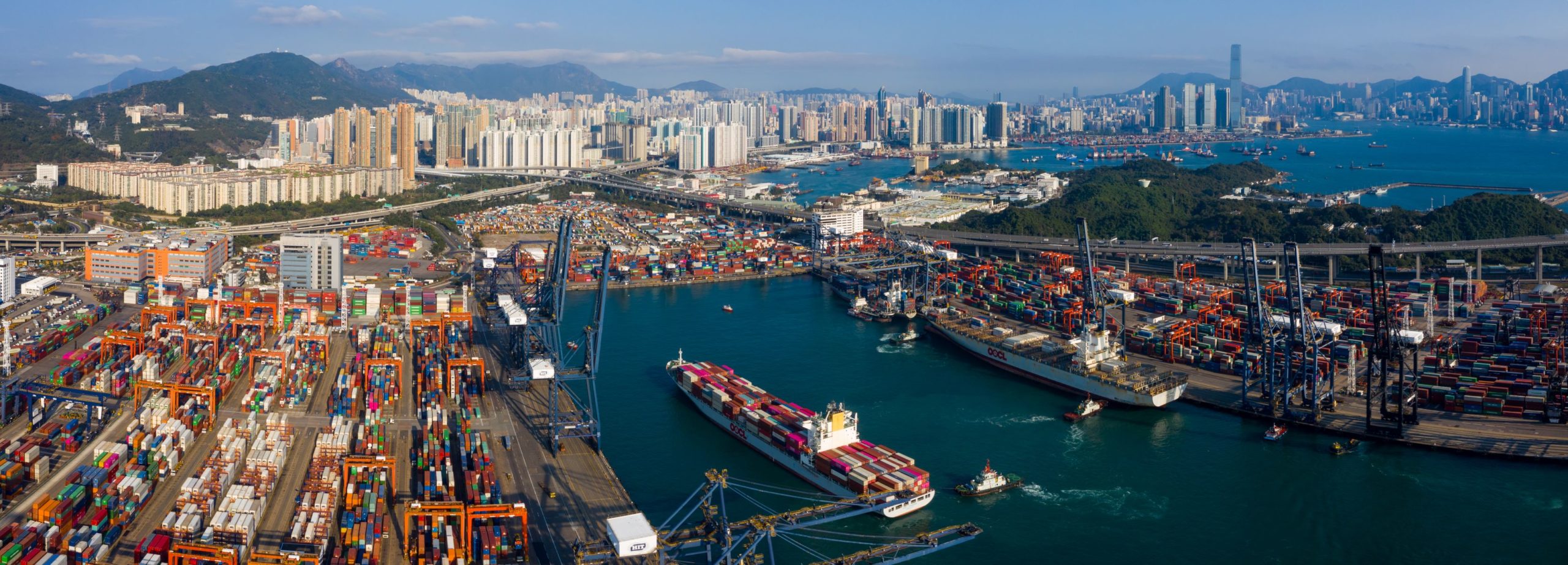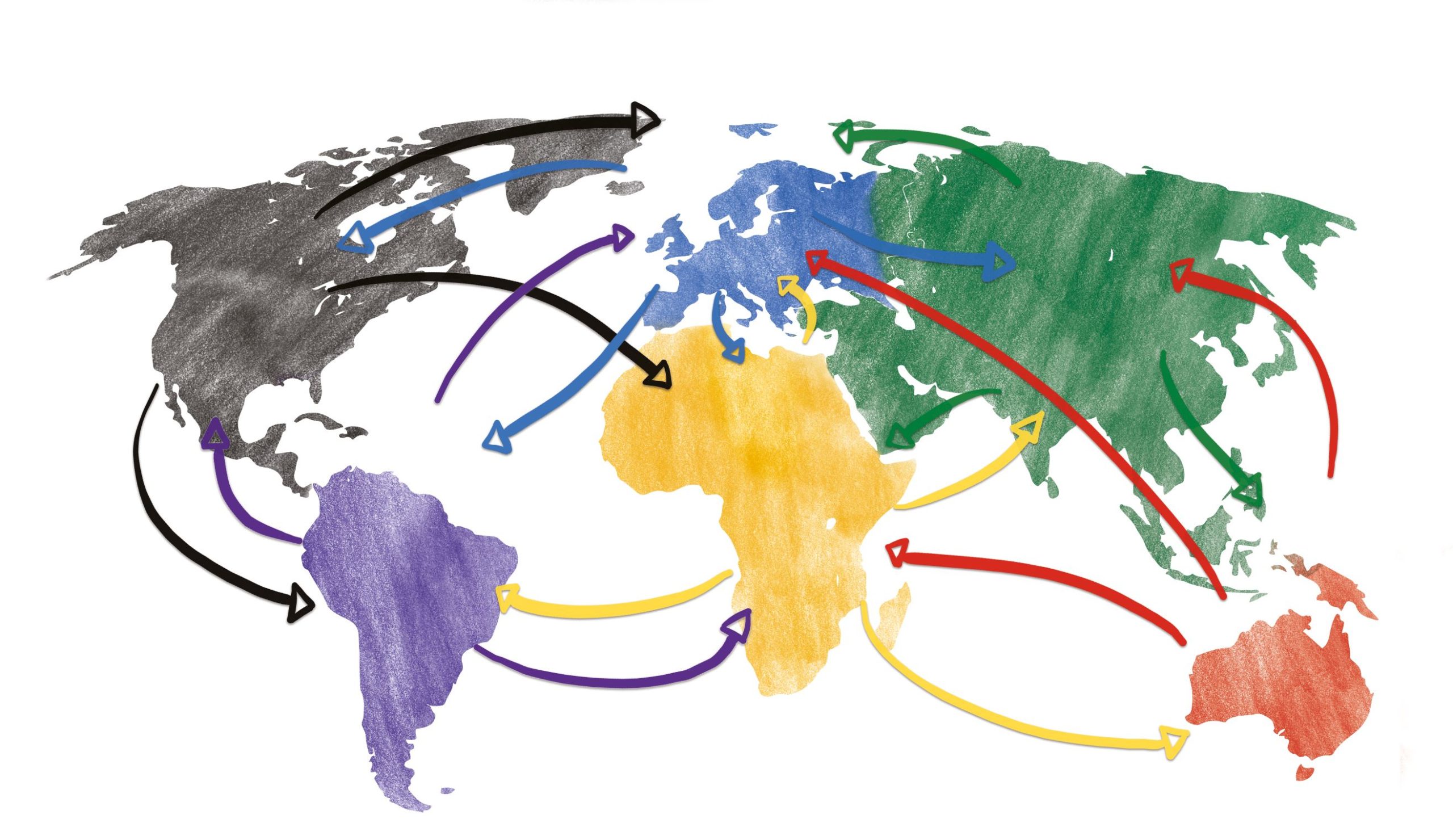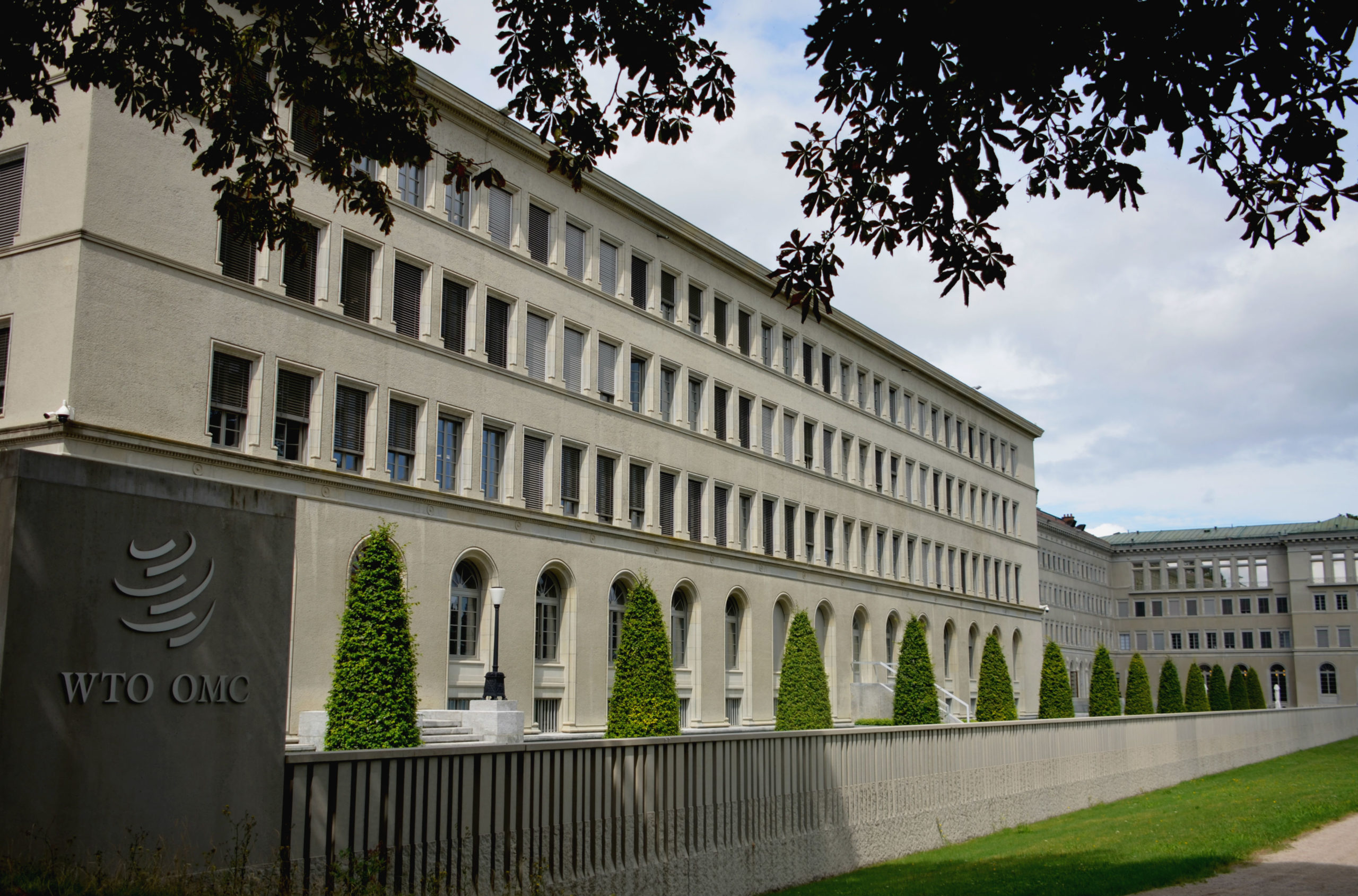Why China Matters to You
Twenty years into the foolish experiment of Chinese ascension to the World Trade Organization, America now has a strategic peer whose values and goals in conflict with our own. We have committed to an international system on the assumption that we would set its course, and face a hoisting by our own petard if adversaries gain leverage within its institutions.






















